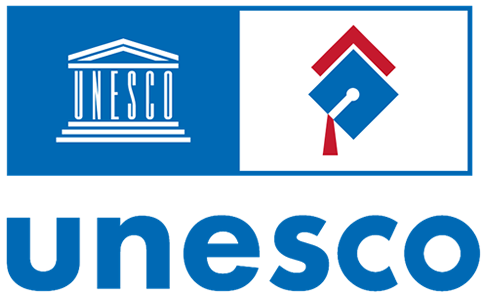Impact of training programs oriented to the competence development of teachers and students: continuity of higher education in virtual contexts due to COVID-19 health emergency
Abstract
The purpose of the article is to present the impact results of training programs oriented to the development of teacher and student competencies in 13 public universities in Peru. These programs have been designed, developed and evaluated by the UNESCO-IESALC's team in the emergency context due to COVID-19 pandemic, in order to guarantee the continuity of higher education. All this from the analysis of the digital and didactic competencies of teachers and the learning capacity of students in virtual contexts, as well as from the study of the new roles of teachers and university students. The methodological approach is based on the development of competencies and presents an impact study from the educational digital competencies and the digital competencies of citizens that require new digital contexts. For this purpose, the study analysed the results obtained in the pre-diagnosis phase of the universities, as well as the indicators obtained in the pre and post phases of the sample participating in the program. The conclusions point out the importance of raising the digital transformation from a competence development model based on the relevance of the proposed practices the reflection and the decision making, and methodologies based on projects and challenges.
Copyright (c) 2021 Carme Hernández-Escolano, Yuma Inzolia, David Carabantes Alarcón, Diego Javier Mendoza, Blanca Bernabé, Mary Elisabeth Morocho, Ivory Mogollón

This work is licensed under a Creative Commons Attribution-NonCommercial 4.0 International License.
Copyright notice
Copyright allows the protection of original material, and curbs the use of others' work without permission. UNESCO IESALC adheres to Creative Commons licenses in the open access publication of ESS. Specifically, texts published in this journal are subject to a Creative Commons Attribution-NonCommercial 4.0 International (CC BY-NC 4.0) license: ESS is an open access journal, which means that all content is freely available to the user or their institution. Users may read, download, copy, distribute, print, search or link to the full text of the articles, or use them for any other lawful purpose, without asking prior permission from the publisher or the author, always making sure to cite the author. Commercial use is not permitted. ESS requires authors to accept the Copyright Notice as part of the submission process. Authors retain all rights.
The full license can be found at https://creativecommons.org/licenses/by-nc/4.0/
 Attribution - NonCommercial (CC BY-NC 4.0)
Attribution - NonCommercial (CC BY-NC 4.0)
This journal does not charge authors for the submission or processing of articles. The authors of the contributions will receive acknowledgment of receipt that the work has reached the Editorial Team of the Journal.




.png)
